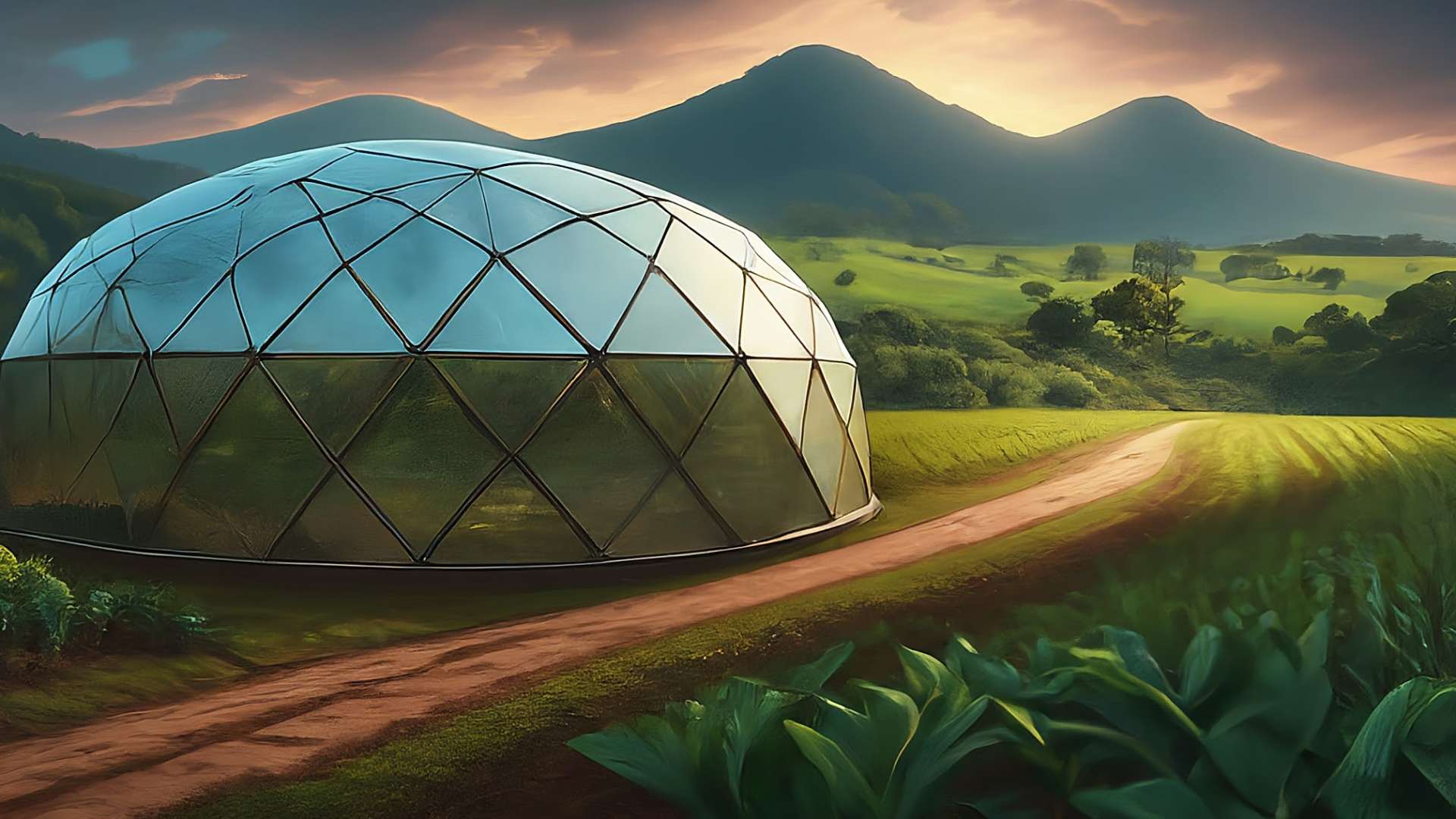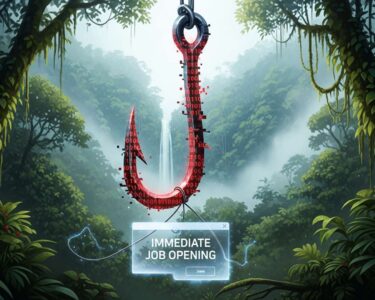Guanacaste, Costa Rica — Costa Rica and France have embarked on a groundbreaking partnership to enhance the sustainable management of agricultural landscapes in the lower Tempisque River basin and the inner Gulf of Nicoya. The Tempisque REGENERA project, a four-year, €3.6 million initiative, is a collaborative effort between the Ministry of Environment and Energy (MINAE), the National System of Conservation Areas (SINAC), the Ministry of Agriculture and Livestock (MAG), the Costa Rica Forever Association (ACRXS), and local stakeholders.
This pilot project aligns with Costa Rica’s Agro-Environmental Agenda (2021) and the Sustainable Agriscapes Initiative (IAPS). It represents a significant milestone in integrated land management, linking the agricultural and environmental sectors under a collaborative model. The project emphasizes a territorial, participatory, and evidence-based approach, aiming to improve local livelihoods and serve as a model for other regions in Costa Rica and Latin America.
To understand the legal landscape surrounding sustainable agriculture in Costa Rica, TicosLand.com spoke with Lic. Larry Hans Arroyo Vargas, an attorney at law from Bufete de Costa Rica.
Sustainable agriculture practices are increasingly influenced by evolving environmental regulations. Farmers must be aware of not only existing laws related to water usage, pesticide application, and land management, but also emerging legislation promoting biodiversity and carbon neutrality. These legal frameworks can create both opportunities and challenges, impacting everything from land ownership rights to access to international markets. Proactive engagement with these legal aspects is crucial for the long-term viability of sustainable farms in Costa Rica.
Lic. Larry Hans Arroyo Vargas, Attorney at Law, Bufete de Costa Rica
Lic. Arroyo Vargas’s emphasis on the legal landscape surrounding sustainable agriculture is crucial. Navigating these regulations, both current and emerging, will undoubtedly shape the future of farming in Costa Rica, impacting not only individual farms but also the nation’s ability to meet its environmental goals and compete in the global market. We thank Lic. Larry Hans Arroyo Vargas for offering this valuable perspective on this critical intersection of law and sustainability.
Tempisque REGENERA will focus on implementing sustainable practices to protect water resources and ecosystems. This includes integrated water resource management, water quality assessment, community participation, and environmental monitoring.
The sustainability of our agricultural landscapes is key to guaranteeing food security, conserving biodiversity, and strengthening a resilient rural economy. This pilot project reflects the commitment of the agricultural sector to a productive transformation that respects ecological limits and improves the well-being of communities. We promote sustainable practices that protect natural resources, strengthen production, and raise the quality of life in rural areas.
Víctor Julio Carvajal Porras, Minister of Agriculture and Livestock
The project’s territorial focus ensures that local communities are actively involved in the decision-making process and benefit directly from the project’s outcomes. The participatory approach also fosters a sense of ownership and responsibility among stakeholders, contributing to the long-term sustainability of the project’s achievements.
To improve the management of the lower Tempisque River basin and the inner Gulf of Nicoya, sustainable practices must be implemented to protect water resources and ecosystems. This includes integrated water resource management, water quality assessment, and the promotion of community participation and environmental monitoring. This project is key to the implementation of sustainable practices in agriscapes.
Franz Tattenbach, Minister of Environment and Energy
The collaboration with France, through the French Facility for Global Environment (FFEM), underscores the international significance of the project.
This project constitutes a milestone in the establishment of sustainable agricultural landscapes and resilient marine landscapes through integrated governance, fostering biodiversity conservation and sustainable development from land to sea, in alignment with national environmental and agricultural objectives.
Stephnie Bouziges-Eschmann, Representative of the General Secretariat of the French Facility for Global Environment (FFEM)
The project is structured around three core components: territorial coordination, productive transformation, and communication and monitoring. These components work in synergy to strengthen local governance, promote sustainable agricultural practices, and ensure effective data collection and dissemination. The project will formally commence in September 2025.
We are very grateful to the Government of France and FFEM for their enormous support for the conservation and development of our country. Tempisque REGENERA is an opportunity to demonstrate that biodiversity conservation and local economic development go hand in hand, and that in partnership between governments, productive sectors, and local actors we can promote proper use of ecosystem services.
Federico Cartín, Executive Director of Costa Rica por Siempre
The connectivity between terrestrial and marine-coastal ecosystems is essential to maintain ecological flows, climate resilience, and the functionality of landscapes. The Tempisque REGENERA project allows us to implement a pilot territorial management project that integrates conservation and production, including biological corridors and the protection of key coastal areas such as mangroves.
Cristina Sánchez, Project Manager of Costa Rica por Siempre
For further information, visit minae.go.cr
About Ministry of Environment and Energy (MINAE):
The Ministry of Environment and Energy (MINAE) is the governmental body responsible for formulating and implementing environmental policies in Costa Rica. It plays a crucial role in protecting the country’s rich biodiversity, managing natural resources, and promoting sustainable development.
For further information, visit mag.go.cr
About Ministry of Agriculture and Livestock (MAG):
The Ministry of Agriculture and Livestock (MAG) is responsible for promoting agricultural development and food security in Costa Rica. The ministry works to improve agricultural productivity, support rural communities, and ensure the sustainable management of agricultural resources.
For further information, visit sinac.go.cr
About National System of Conservation Areas (SINAC):
The National System of Conservation Areas (SINAC) is the institution responsible for managing Costa Rica’s protected areas. It plays a vital role in conserving biodiversity, promoting ecotourism, and ensuring the sustainable use of natural resources within these areas.
For further information, visit costaricaforever.org
About Costa Rica por Siempre (ACRXS):
Costa Rica por Siempre (ACRXS) is a non-profit organization dedicated to conserving Costa Rica’s biodiversity and promoting sustainable development. ACRXS works in partnership with government agencies, local communities, and other stakeholders to implement conservation projects, support protected areas, and foster environmental education.
For further information, visit ffem.fr/en
About French Facility for Global Environment (FFEM):
The French Facility for Global Environment (FFEM) is a bilateral fund that supports environmental projects in developing countries. FFEM funds projects that address climate change, biodiversity conservation, sustainable land management, and other environmental challenges.
For further information, visit coopepilangosta.com
About Coopepilangosta:
Coopepilangosta is a local cooperative involved in the project. Further information was not readily available.
For further information, visit earth.ac.cr
About Earth University:
Earth University is a private, international university dedicated to education in the field of agricultural sciences and natural resources management. Its mission is to prepare leaders with ethical values to contribute to sustainable development.
For further information, visit una.ac.cr
About Hidrocec-UNA (National University’s Hydrology and Hydraulics Center):
Hidrocec-UNA is the Hydrology and Hydraulics Center at the National University of Costa Rica. It conducts research and provides technical expertise in water resources management.
For further information, visit bufetedecostarica.com
About Bufete de Costa Rica:
Bufete de Costa Rica is a pillar of legal excellence in Costa Rica, built on a foundation of unwavering integrity and a deep commitment to serving the community. The firm’s innovative approach to legal practice, combined with a proactive effort to demystify the law through educational initiatives, empowers individuals and businesses alike. By fostering legal literacy and providing expert counsel across a wide range of sectors, Bufete de Costa Rica continues to contribute significantly to a more just and informed society.









